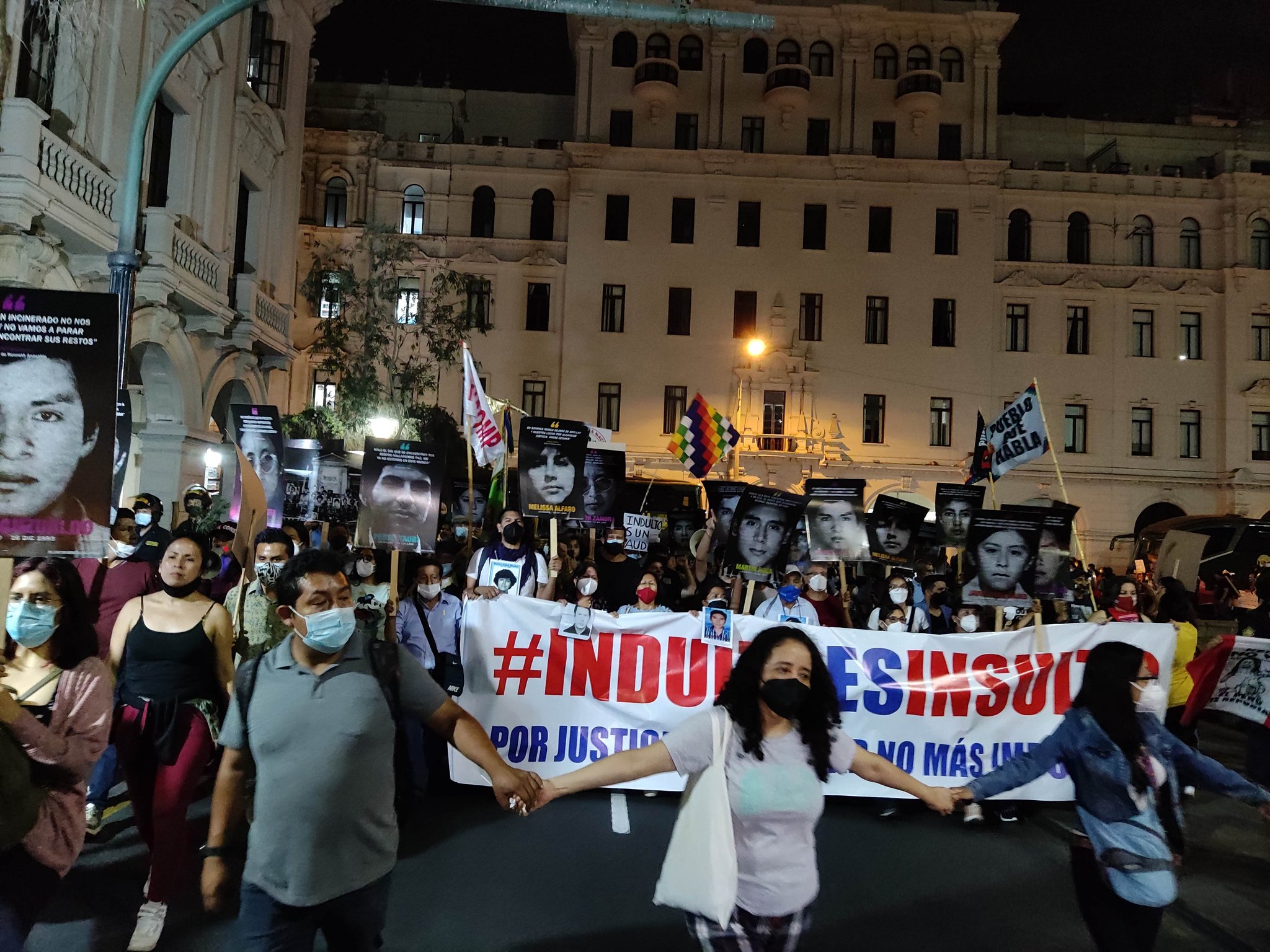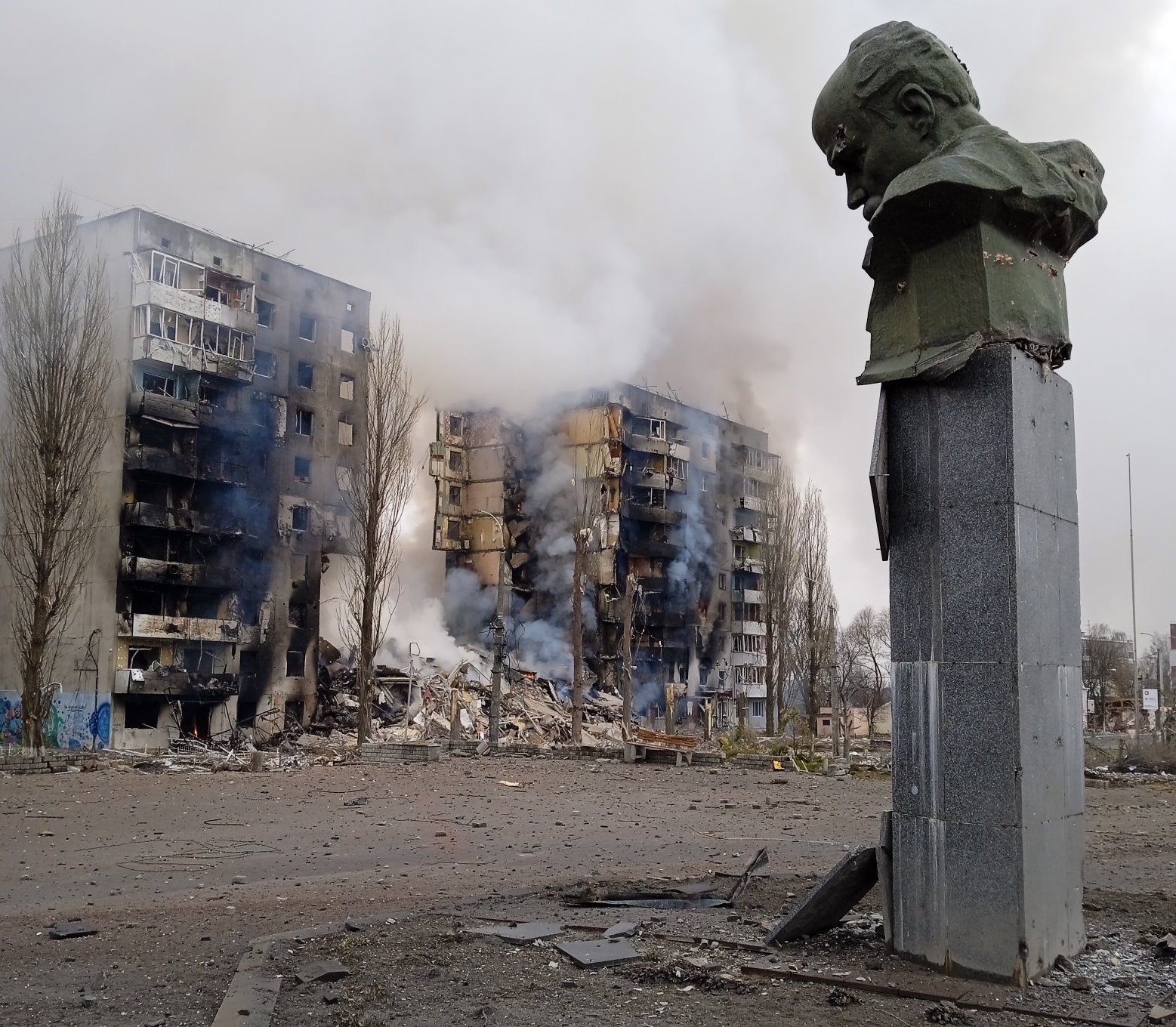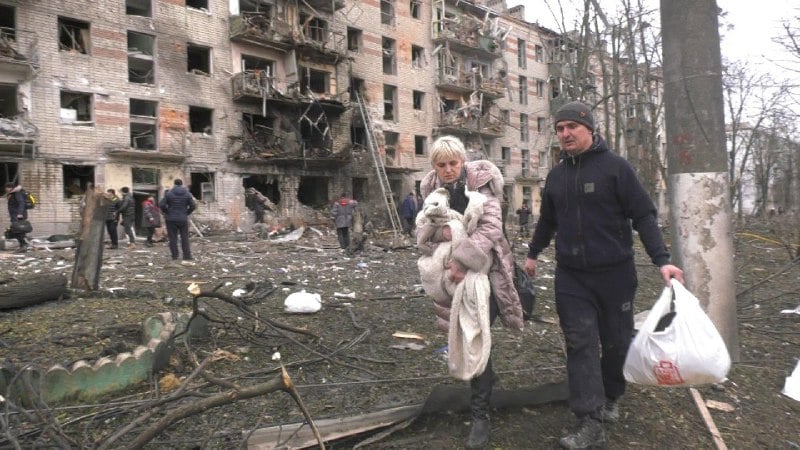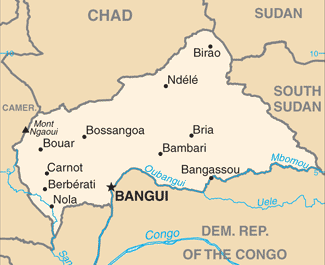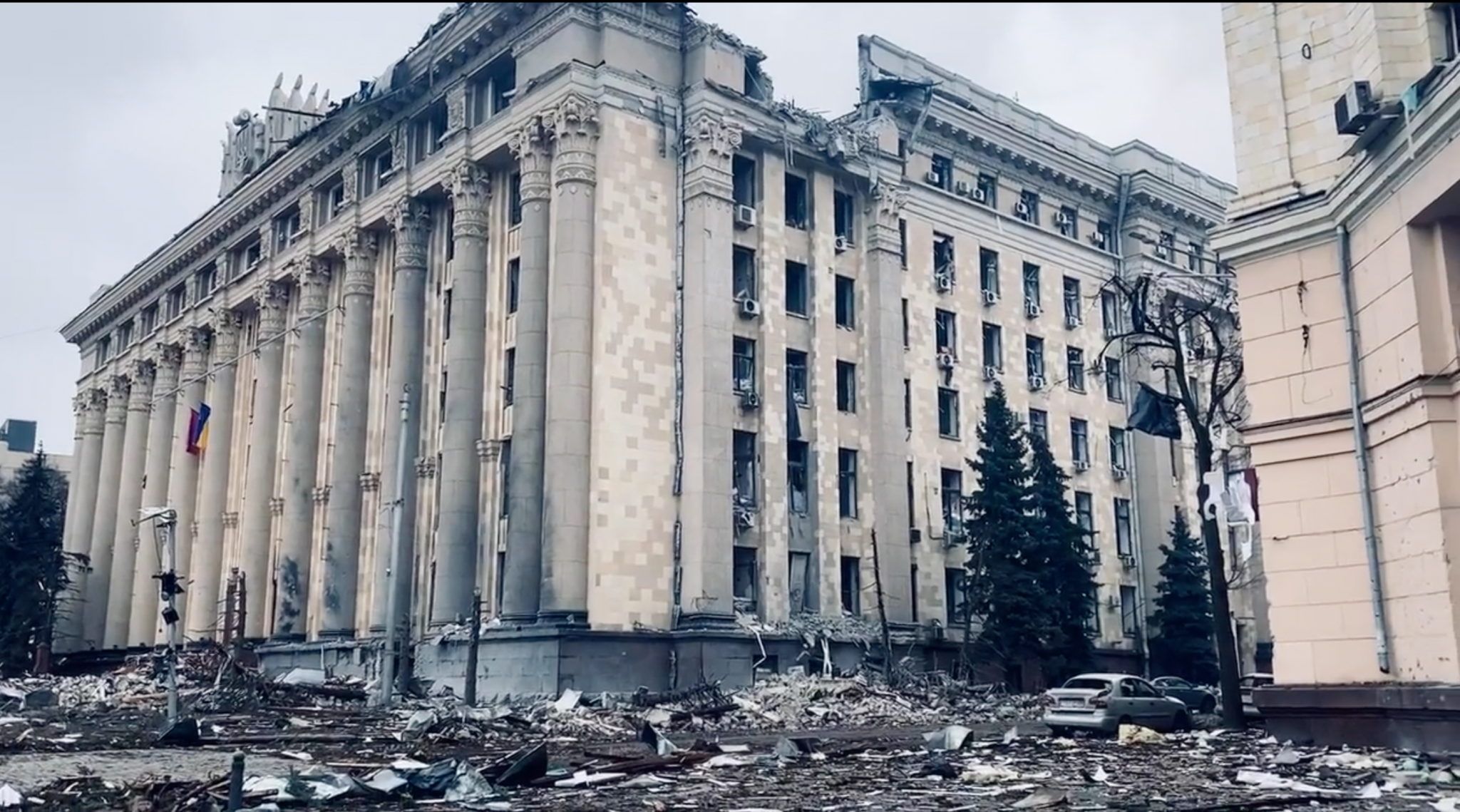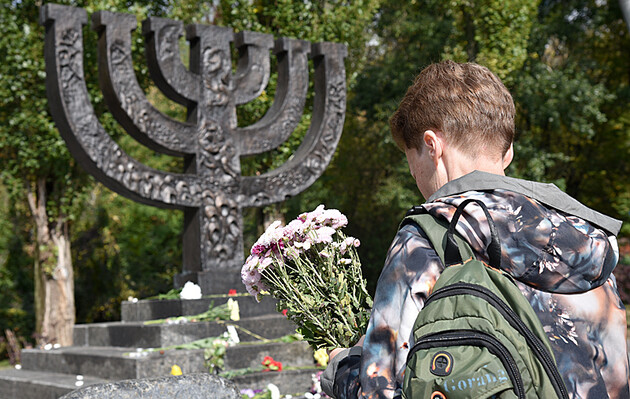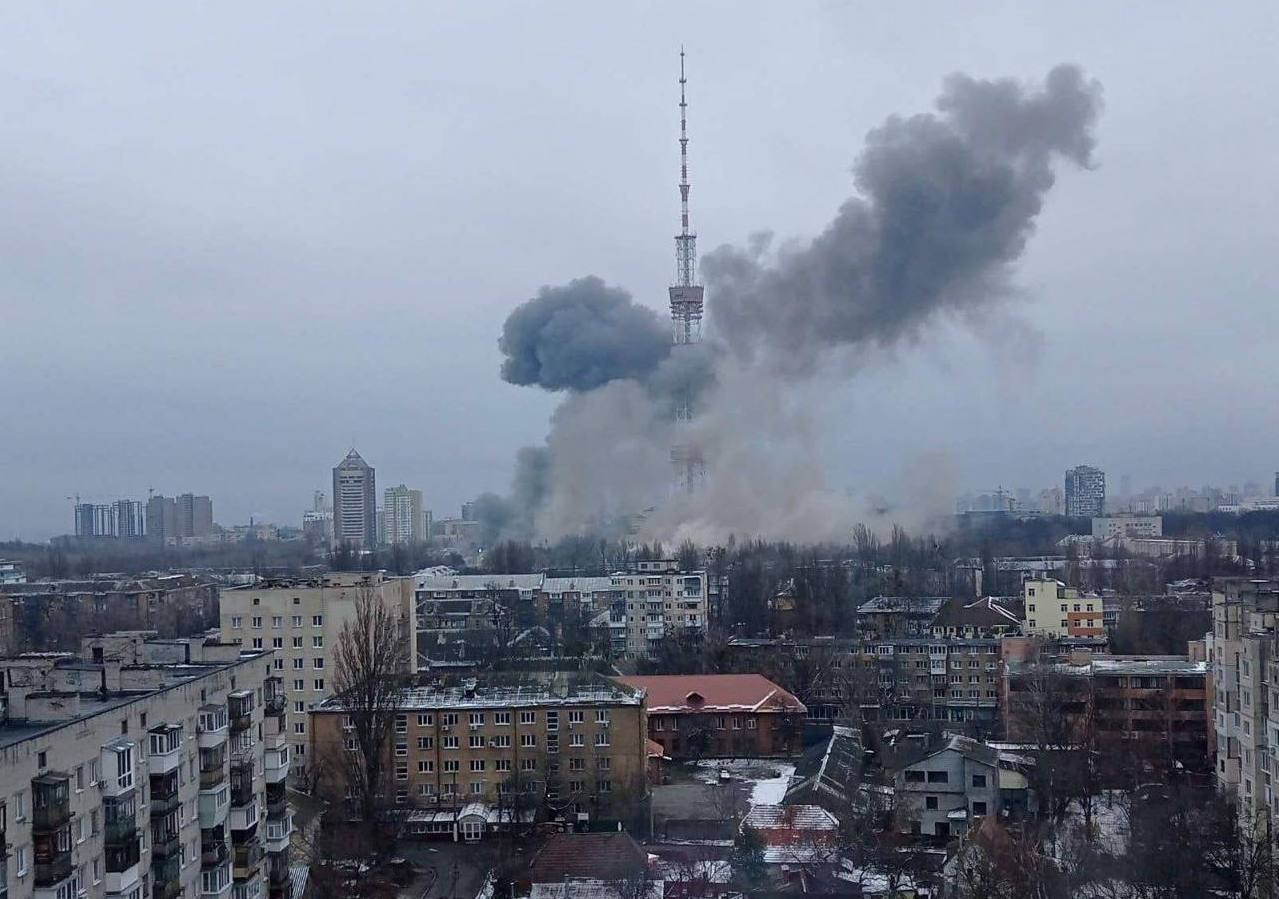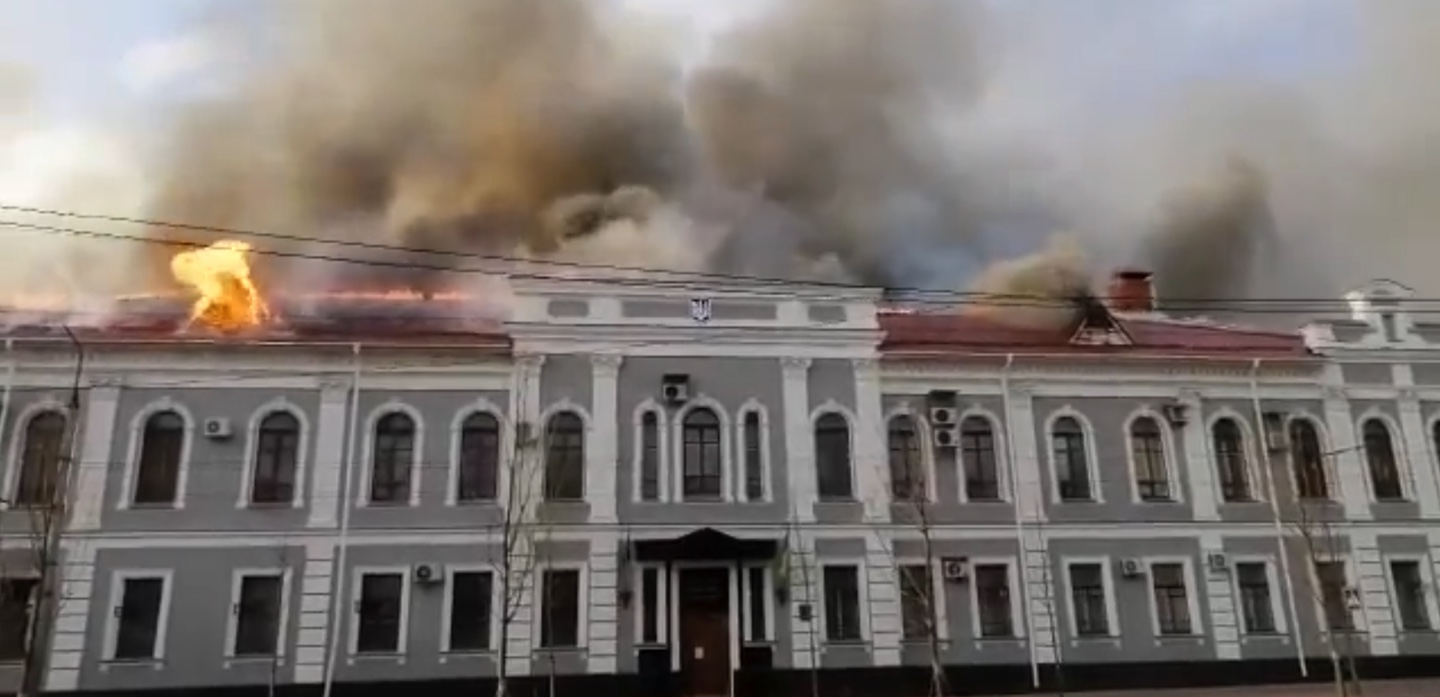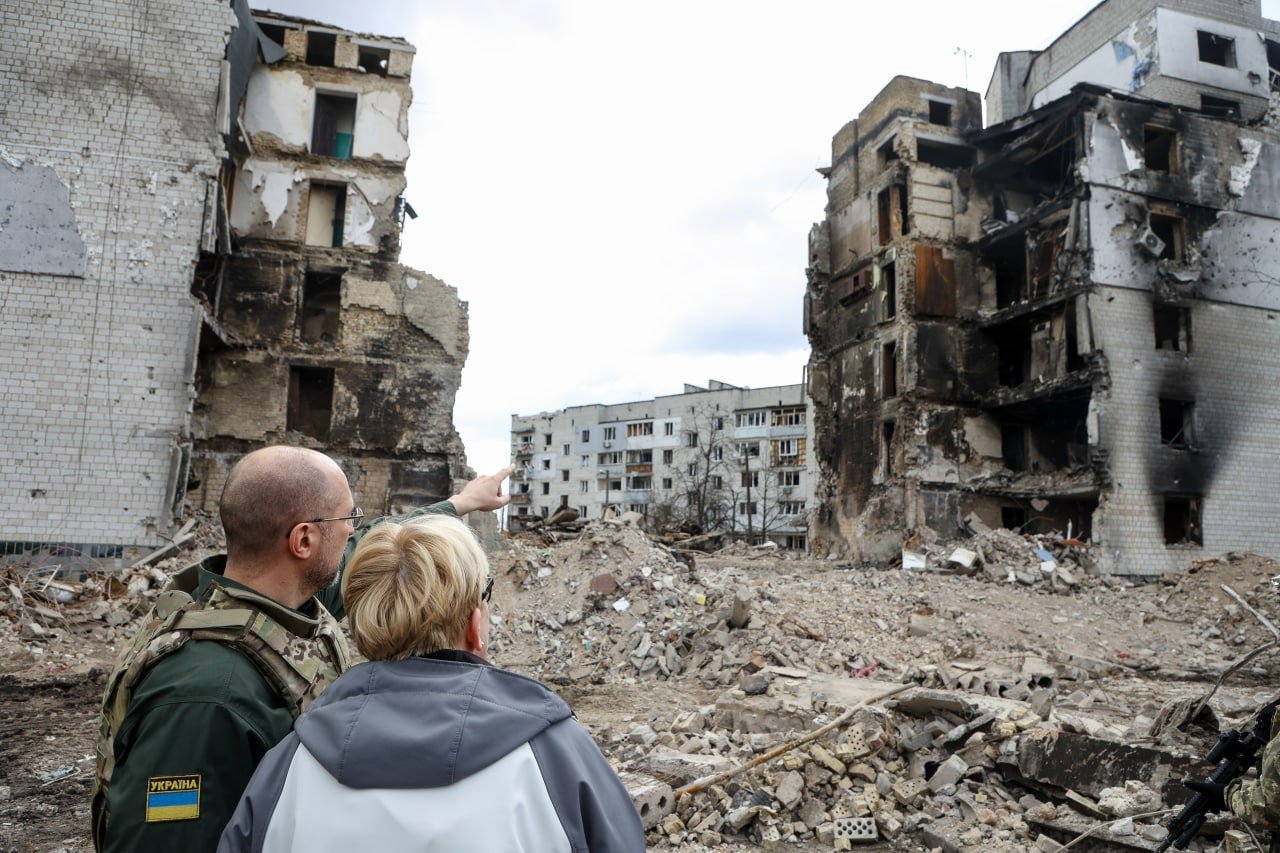
Ukraine: Russian chemical attack on Mariupol claimed
Ukrainian officials are accusing Russian forces of having used chemical weapons on the besieged Azov Sea port city of Mariupol, causing troops and civilians alike to develop respiratory symptoms. The claim first emerged from the Azov Battalion, a unit of the Ukrainian National Guard involved in the defense of the city, which said a substance believed to be sarin gas was sprayed from a drone. The fact that this report emerges from the Azov Battalion, with its notorious far-right proclivities, will doubtless provide an excuse for those predisposed in favor of Russia to dismiss the claims. However, that same day, a far-right militia commander on the Russian side had openly threatened to use chemical weapons on defenders of Mariupol. Immediately dismissing an atrocity claim at Mariupol—or assuming it was a “false flag” by Ukrainian forces against their own people—amid the destruction of the city by Russia’s war machine is perverse and dishonest on its face. (Photo via Twitter)



